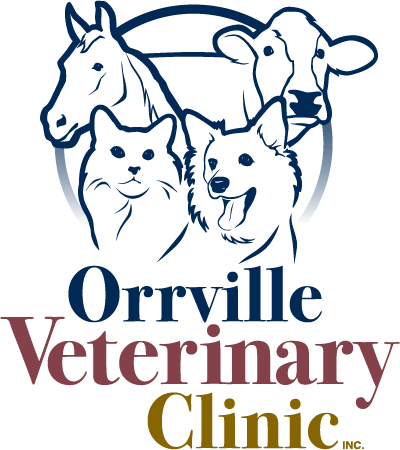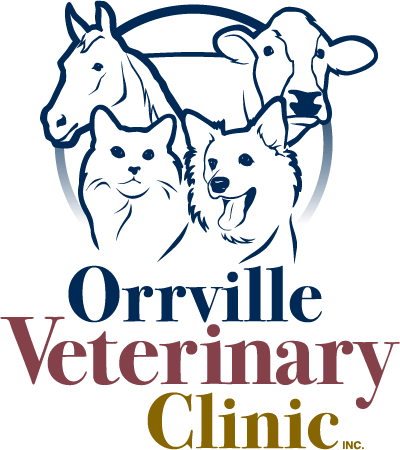Zoonotic Disease
I can get what from my pet?
It is common knowledge that rabies virus is transmittable from animals to humans, but not everyone is aware there are many other diseases that can be transmitted to humans. Zoonotic diseases can be transmitted from pets to people. There are many ways in which an animal can transmit a disease or infection to a human. These include: Bite wounds, through the skin, via the urine or the feces.
A few examples of these diseases include: roundworm, hookworm, tapeworm, ringworm, whipworm, Toxoplasmosis, Giardia, and mange. It is important to take preventative measures to prevent this from happening. Regular veterinary checkups and intestinal parasite tests are important in detecting intestinal parasites affecting your pet. Not all over the counter dewormers are effective, so it is suggested to only use prescription dewormers from your veterinarian.
Preventing the spread of zoonotic diseases often includes simple, sanitary procedures. The most effect prevention is to wash hands for 30 seconds to one minute with a soap. This removes any potential eggs, bacteria, mites and other contagious particles from your skin.
One area to be cautious with is your cat’s litter box. It is important to not let children touch the boxes. When changing the litter box, you should wear a protective mask and gloves. Pregnant women should avoid changing the litter box altogether. A general rule is to scoop the litter box every 24 hours. One of the zoonotic diseases, toxoplasmosis, is carried by the cat and is contained in the feces. The infective stage of toxoplasmosis requires 24 hours to mature to the stage that is able to infect another mammal.
Another area of risk is your yard, parks, and other areas where animals are present. Parasites can live in sandboxes where your kids may play. If you have a sandbox at home, remember to cover the box when not in use. You should scoop feces from your yard daily and thoroughly clean up any accidents in your home to avoid exposure.
Other preventative measures include not letting your pet drink from puddles, wearing socks and shoes indoors, and not feeding pets raw or uncooked meat.
Most heartworm preventatives treat and control various intestinal parasites, although there are some that are not included in this protection, which is why it is important to regularly check a stool sample.
Written by: Shelby Weeman
Please contact our office if you have any questions or concerns. (330)682-2971












